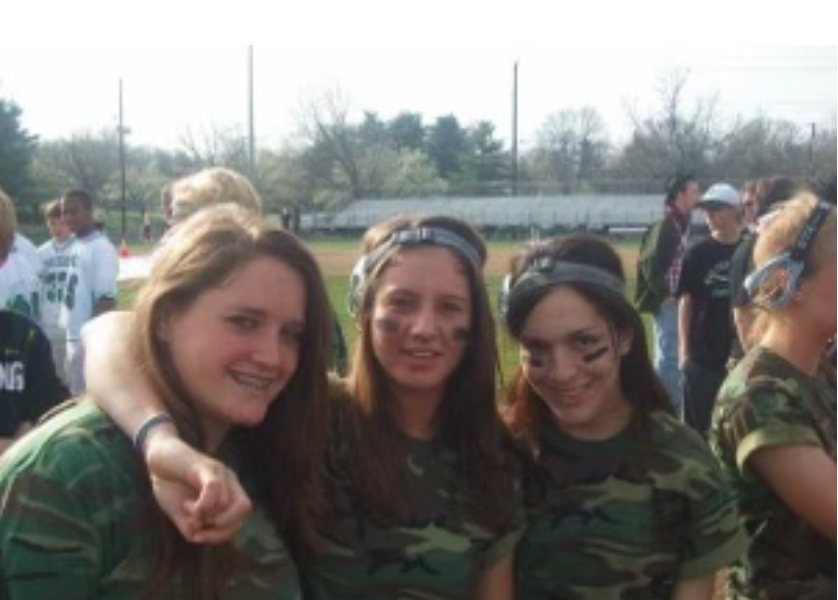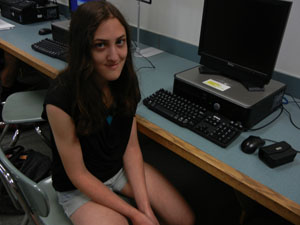On top of the schoolwork, activites and sports that fill the daily schedules of many students, having a family member away from home for large portions of the year is an added burden, especially if this family member is in a dangerous environment. Nevertheless, according to John’s Hopkins University’s Military Child Initiative, there are 1.5 million children in public schools in the U.S. whose parents are in the military, including some students at WJ who also have family members deployed abroad.
Senior Ashley Sawyers’ father, a doctor who works for the Naval Hospital, has been deployed three times in the past five years. He spent his first deployment overseas in 2007, staying for two months in Kuwait. After that, he spent Sawyers’ entire eighth grade year in the Persian Gulf and was deployed to Germany for four months in 2011.
“[At first] it was kind of scary… because I didn’t really know what was going on,” said Sawyers, “but you get used to it.”
Similarly, senior Mary Kate Macedonia’s father is a doctor who often travels overseas to work on updating medical facilities. A colonel, he has been registered in the army for 27 years.
For a year, he was deployed as a deputy commander of a field hospital in Iraq. Starting in 2005, he also traveled to Afghanistan around four times a year, and worked on modernizing hospitals so they were better equipped to deal with traumatic brain injuryand post-traumatic stress disorder.
“If I knew [as] much [as] I did then I would’ve been afraid… but I was blissfully ignorant,” said Macedonia. “Our family kept preoccupied. We kind of adjusted.”
Junior Molly Narkis also must frequently face the fact that her brother is deployed overseas. However, due to his position on a nuclear submarine, Narkis’s brother is not even authorized to inform the family of his exact location.
“I feel better about the fact that he didn’t tell us [where he was] because it protected national security,” said Narkis.
Narkis remembers a time two years ago when she woke up around 4 a.m. to the sound of her mother’s cell phone ringing. She ran to the phone and saw that her brother had tried to call multiple times from Saipan, an island in the U.S. Commonwealth of the Northern Mariana Islands.
“That was the first time we talked to him in months,” she said. “[Having a family member in the military] is hard because you can’t talk to them for long periods of time.”
In 2004, Narkis’ brother joined the Navy, and has been sent to multiple locations since then. He first went to boot camp in Illinois, and then trained in South Carolina and in Saratoga Springs, N.Y., where he received training in nuclear power and resources. After that, he began to travel overseas.
For two years, he was stationed in San Diego. From there, he sailed in the Pacific Ocean and near the Persian Gulf a number of times. Narkis’ brother then decided to reenlist, and he now teaches at the Nuclear Power Command’s Prototype School in New York state.
Sawyers’ father studied at the Naval Academy, as did many of her other relatives. Like those of Narkis’ brother, his services overseas occur at irregular intervals and last for different amounts of time. Whenever he is gone, the family must make adjustments to their daily schedules.
“I have to take on a lot more chores and I have to be responsible for myself and my sister,” said Sawyers.
For holidays, Sawyers’ and Macedonia’s families visited relatives more.
“I remember keeping tight with family friends and… going to see my mom’s part of the family,” said Macedonia.
While Sawyers prefers that her father not be deployed at all, she would rather him be called to relief areas than to combat zones. She was worried when he was stationed on land in Kuwait, but his service on a ship in the Persian Gulf scared her the most since he was there for a longer amount of time.
Reactions to military combat extend beyond those of the family members of a deployed individual, and often are voiced in society in the form of praise as well as criticism. Sawyers wishes that people who oppose the United States’ wars would not hold individual members of the military personally accountable for them.
“Even if you don’t support the war, it’s still important to be there for the families and veterans,” she said.
While Sawyers does not plan on enlisting, she will continue to support those who are connected to the military.
“I plan on doing everything I can to help others who are in the service,” she said.

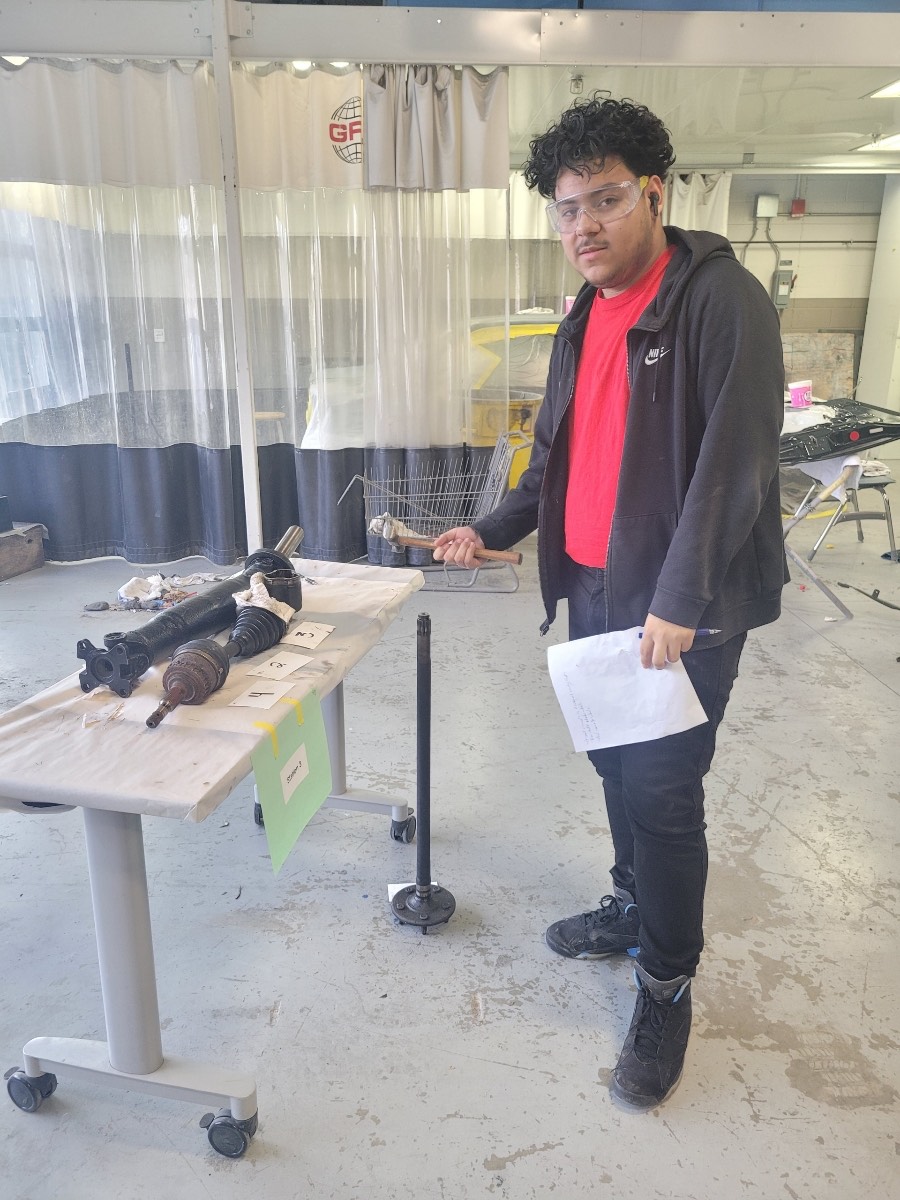
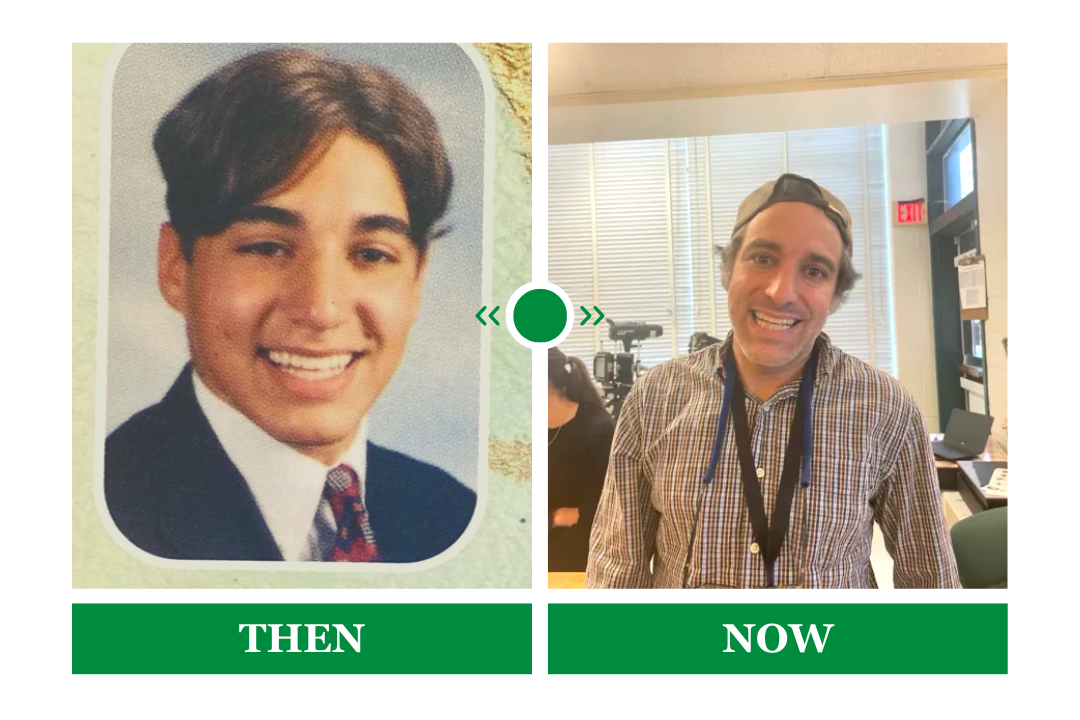

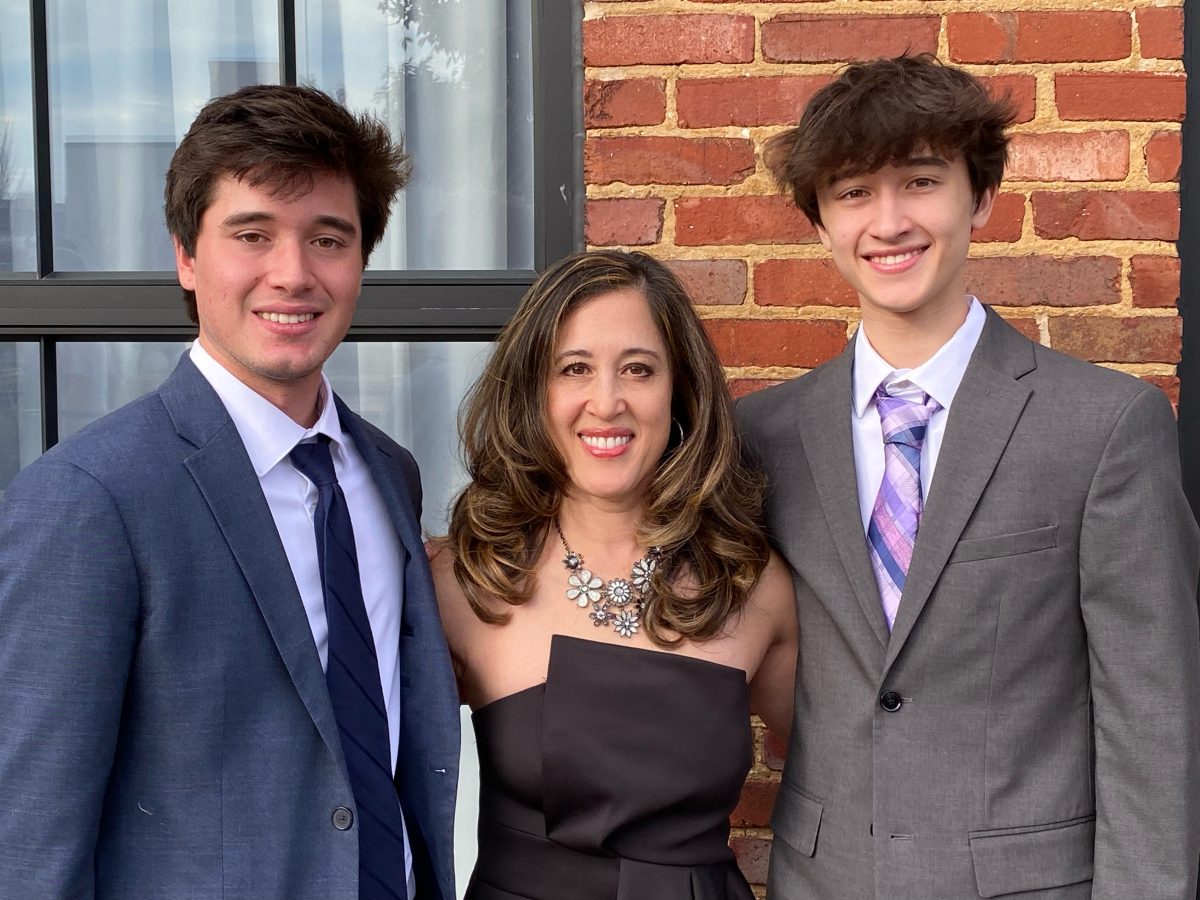
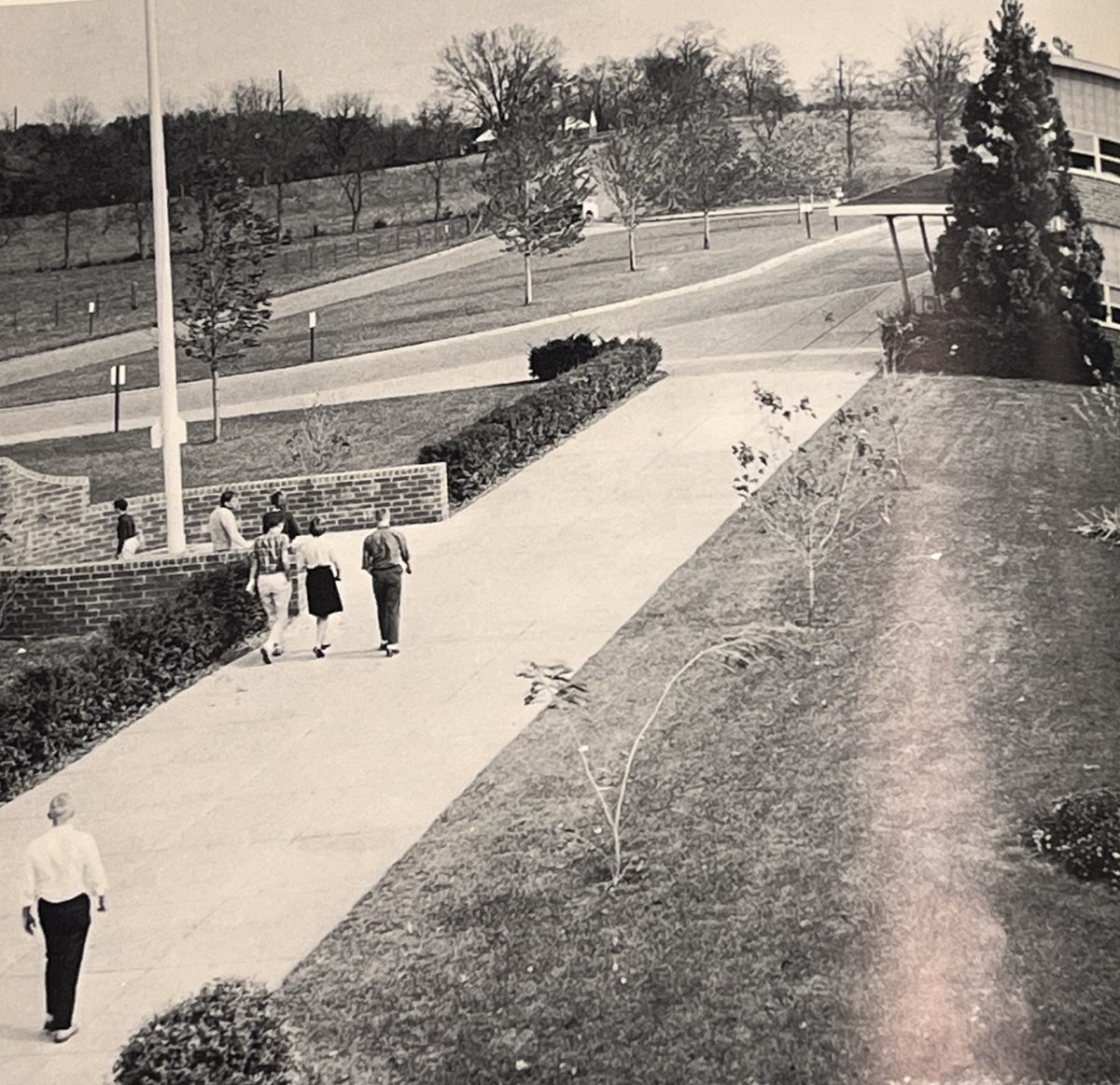
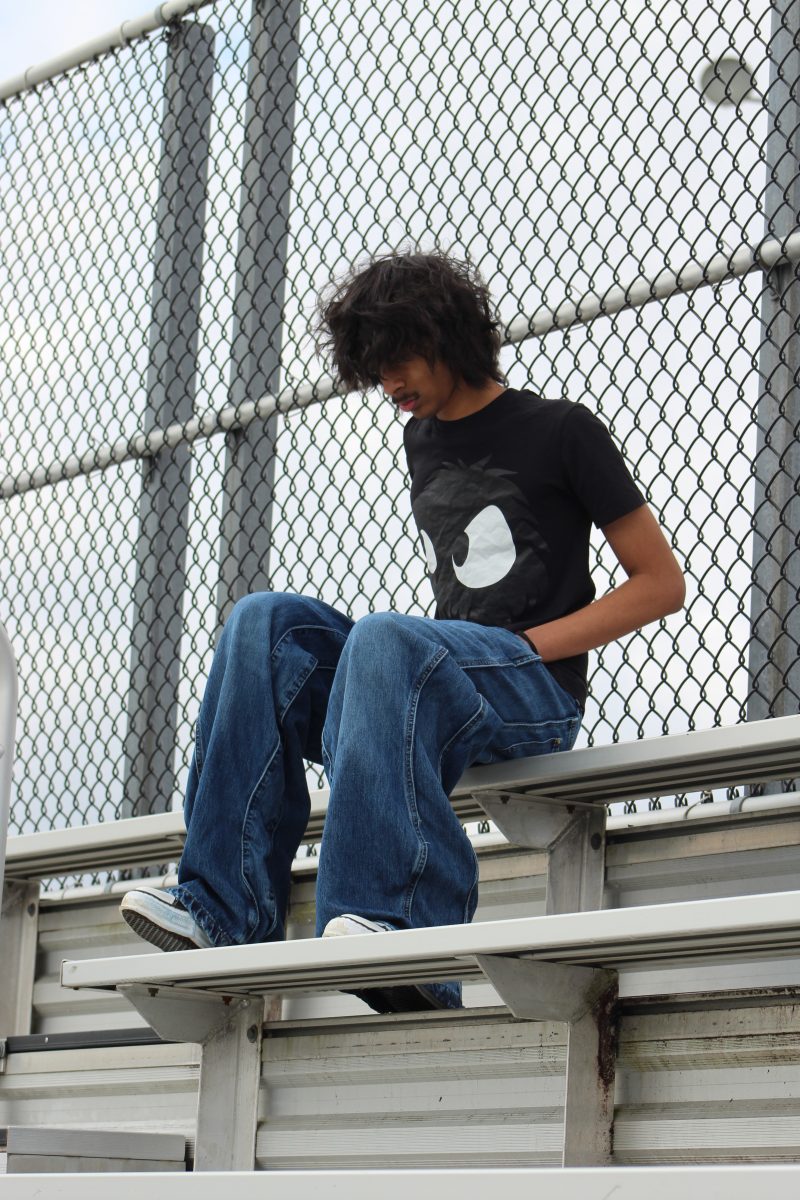
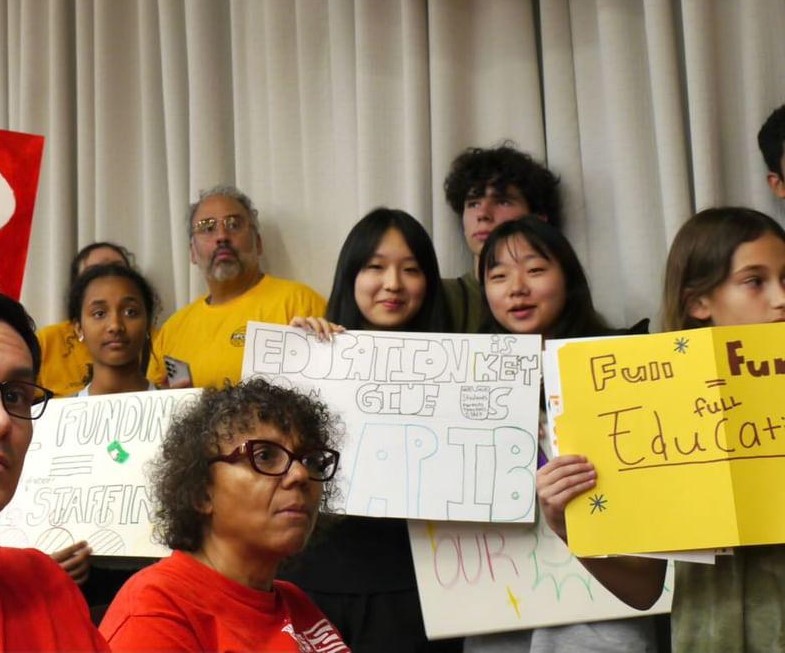
![Senior Tiffany Gibson has dinner with her parents and her nine year old sister. Gibsons family has been her largest source of support throughout her treatment process.
[My dad] helped me through it. He was the one who’d take me to my doctor’s visits, he was trying to make me try to take my medication on time, even though he’d get angry when I didn’t take it. I had to do blood work, so he would always find out. He would always try to get me to take it and remind me, Gibson said.](https://www.wjpitch.com/wp-content/uploads/2023/03/92iA4Tg7fGWMhmk9DKWf7Q6UQQ4p0LYeBobwwvV7-900x672.jpg)
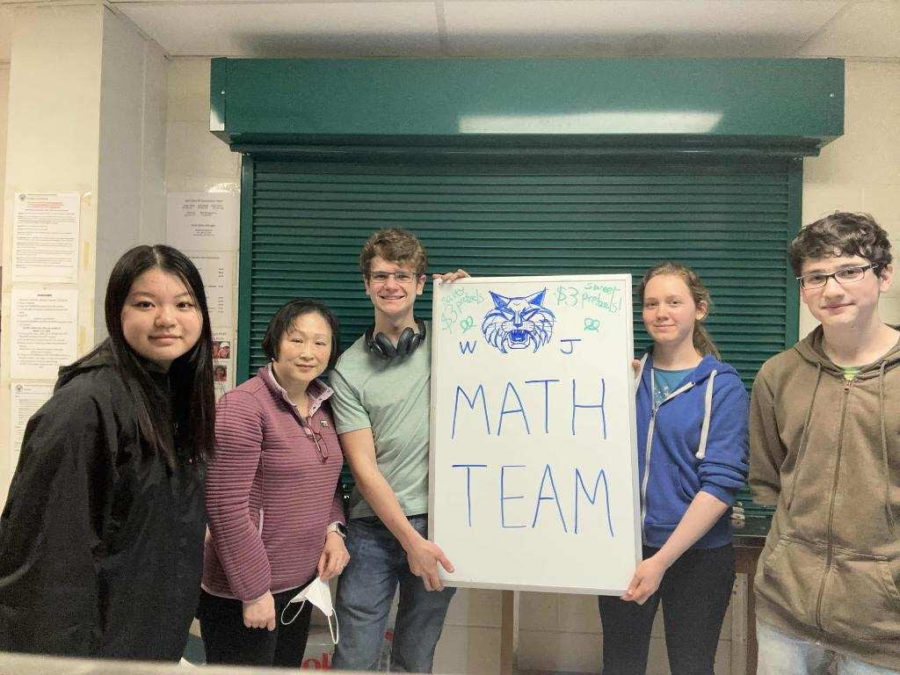

![“[It was] kind of [beneficial], I dont think a lot of students are really comfortable with talking to adults most of the time.” Clifford Hubbard, 9.](https://www.wjpitch.com/wp-content/uploads/2023/03/iQXjwa3JmL5CPVioYA7jn8DAPLzBoB5nJ1aIweYa-675x900.jpg)
